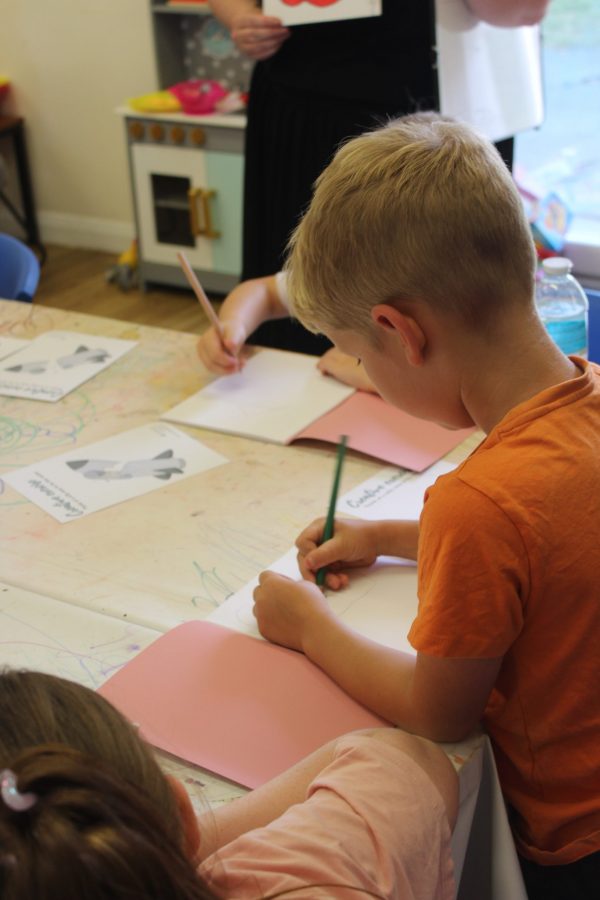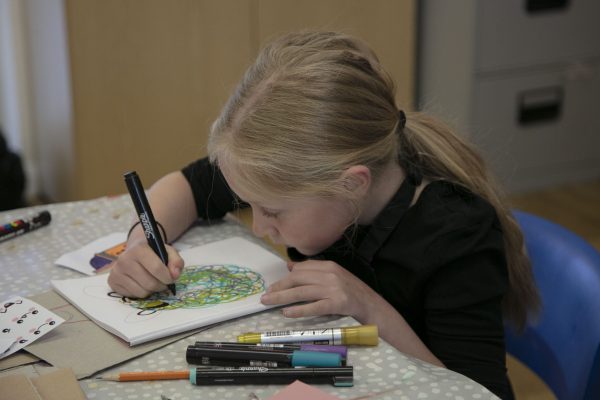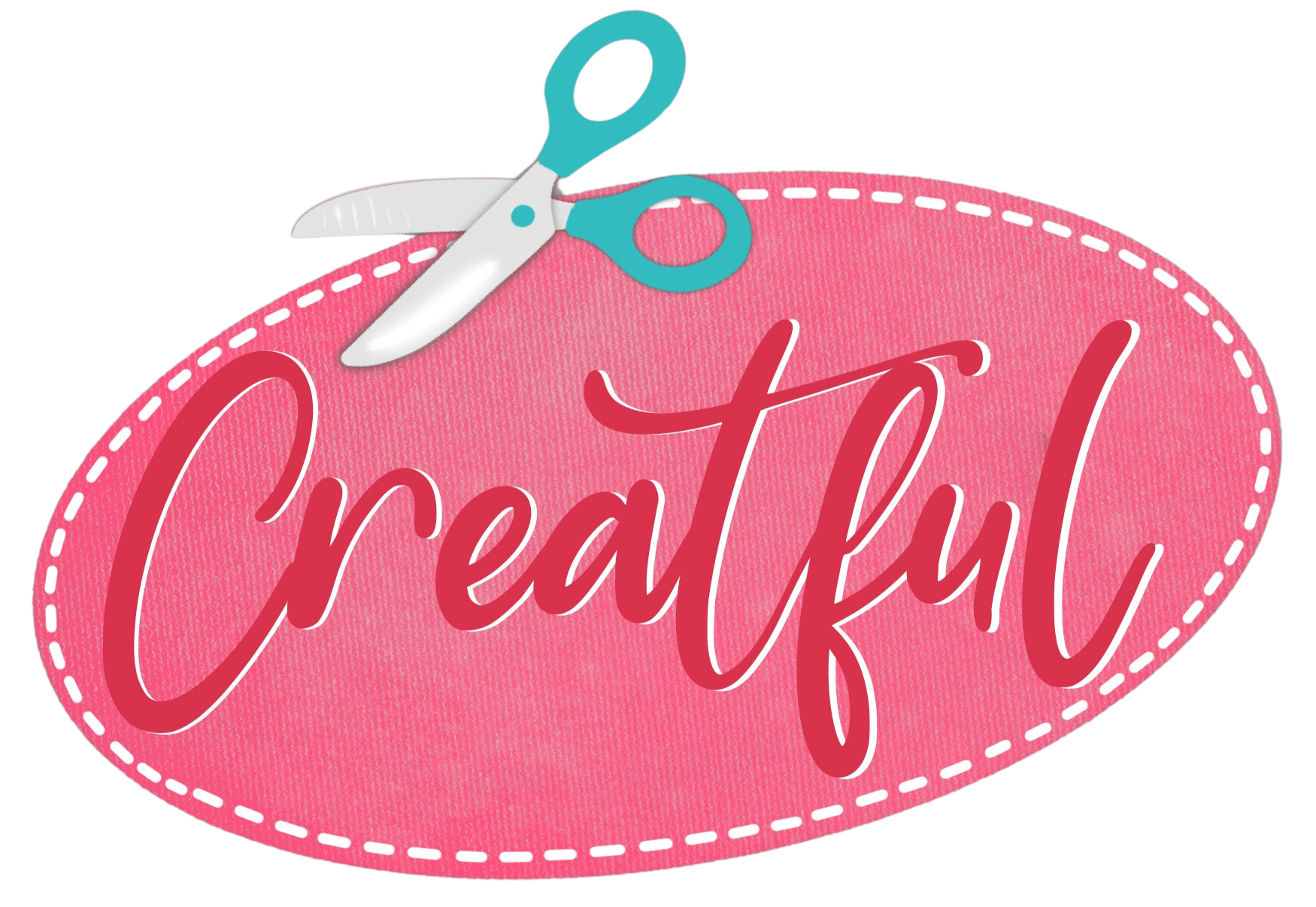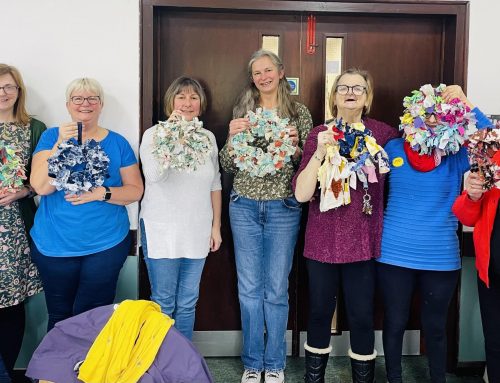 Journaling has long been boxed into the “Dear Diary” stereotype — a linear, daily log of events and emotions. But what if we reframed it entirely? What if, from a young age, journaling was introduced not as a chore or a confessional, but as a creative, flexible tool for self-expression, reflection, and emotional regulation?
Journaling has long been boxed into the “Dear Diary” stereotype — a linear, daily log of events and emotions. But what if we reframed it entirely? What if, from a young age, journaling was introduced not as a chore or a confessional, but as a creative, flexible tool for self-expression, reflection, and emotional regulation?
Embedding journaling early in life — and removing the pressure to write neatly, consistently, or chronologically — can have profound long-term benefits for mental health. When children and young people are given permission to journal in their own way, they begin to build a safe internal space where thoughts can be explored without judgment. Doodles, lists, collages, mind maps, poetry, or even one-word entries all count. The key is freedom.
For those navigating trauma, anxiety, or change, journaling can offer grounding and clarity. It’s a private space where control can be reclaimed, and where healing can begin — often in ways that words alone can’t capture. And when journaling is normalized early on, it’s more likely to be returned to in adulthood as a tool for resilience and self-care.






Leave A Comment